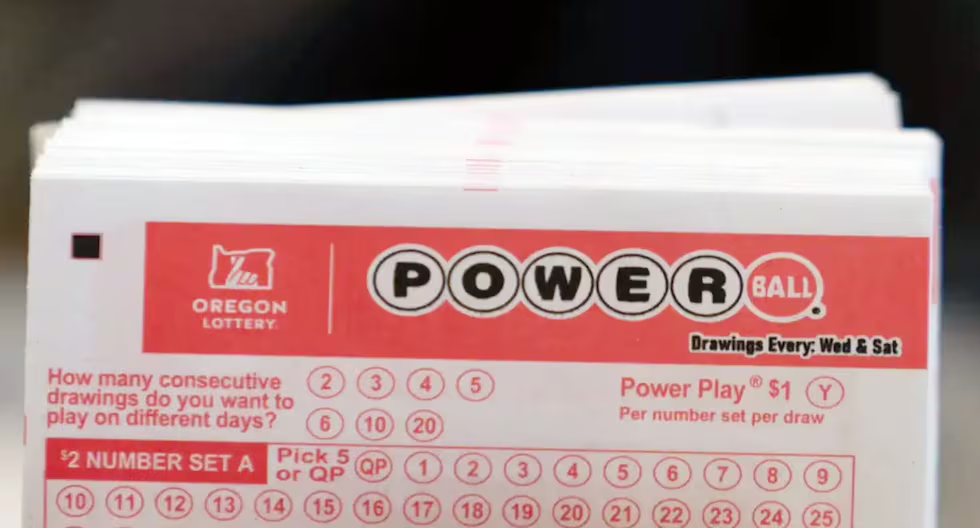Betting isn’t just about picking winners—it’s about managing your money wisely. In the UK, good bankroll habits can keep punters in the game longer.
Before placing another bet, stop and ask—how much should I really be staking on each game?
Whether you’re a casual punter backing your club on the weekend or a more serious bettor tracking form and odds, proper bankroll management is what separates fun from frustration. It’s not just about picking winners, it’s about staying in the game for the long haul. From first-time punters to seasoned veterans, learning how to manage your bankroll could be the smartest bet you ever make.
What is a bankroll in sports betting?
Your bankroll is the amount of money you’ve set aside purely for betting. It’s not your rent, not your weekly shopping—it’s your dedicated betting fund. Think of it as your “betting wallet.” Keeping it separate from your everyday money helps you stay disciplined and avoid overspending.
Also Read: Want to learn sports betting? Here’s a beginners guide on how to bet read odds
How much to bet per game?
The golden rule: never bet your entire bankroll on a single game. Most punters use the 1%–5% staking rule.
Low-risk bet: stake 1% of your bankroll
Medium-confidence bet: stake 2–3%
High-confidence bet: stake up to 5% (rarely)
Example: If your bankroll is £100, then a 2% stake means you’re betting £2 per match. It may not sound like much, but it adds up over time—and more importantly, it protects you from blowing your whole pot on one bad result.
Also read: What are sports bets called a simple guide to betting slang and terminilogy
Flat betting vs. variable staking
You’ll often hear two approaches to staking:
Flat betting: You bet the same amount each time, regardless of the match or odds. This is great for beginners and helps manage risk.
Variable staking: You adjust your bet size depending on how confident you are in the outcome. This is riskier and needs a strong betting strategy to work.
Avoid chasing your losses
This is where many punters slip up. After a losing bet, it’s tempting to double down and try to “win it all back” on the next one. That’s called chasing losses—and it usually ends badly. Stick to your staking plan. Losses are part of the game.
Track your bets
It’s easy to forget where your money goes unless you keep a record. Use a simple spreadsheet or a betting tracker app. Note:
- What you bet on
- The odds
- How much you staked
- Win or loss
- Profit or loss
This helps you spot patterns, adjust your strategy, and improve over time.
Keep emotions out of it
Don’t bet just because your team’s playing or because you feel you’re “due a win.” Bankroll management helps you stay calm and rational—even during a losing streak.
Final thoughts
Bankroll management isn’t flashy, but it’s one of the smartest skills any punter can learn. It helps you bet smarter, stay in control, and enjoy the game without the stress of chasing money. Remember, the goal isn’t just to win—it’s to bet responsibly and sustainably.








